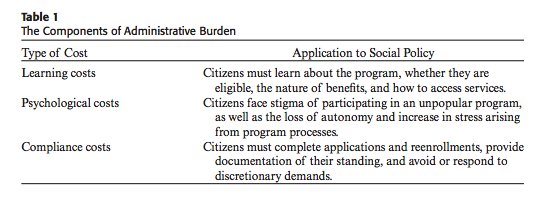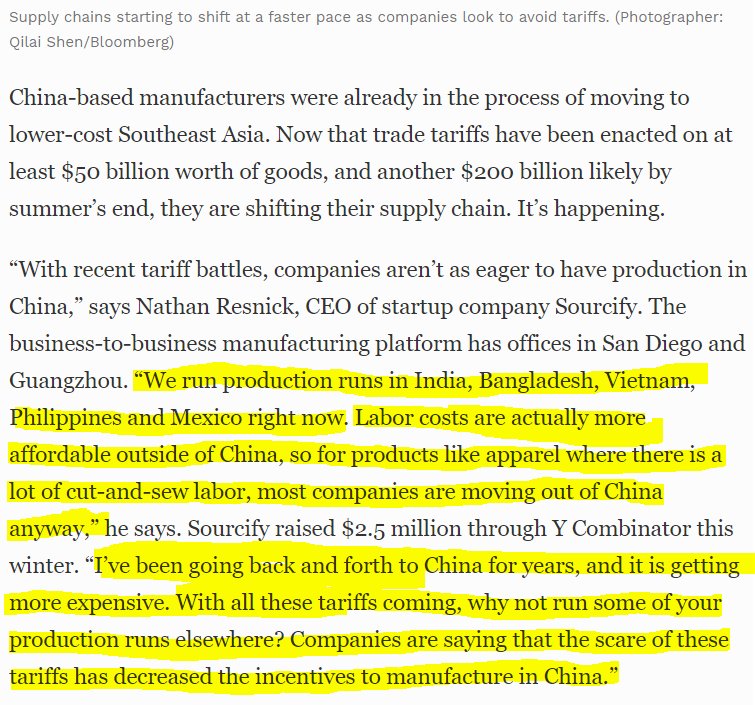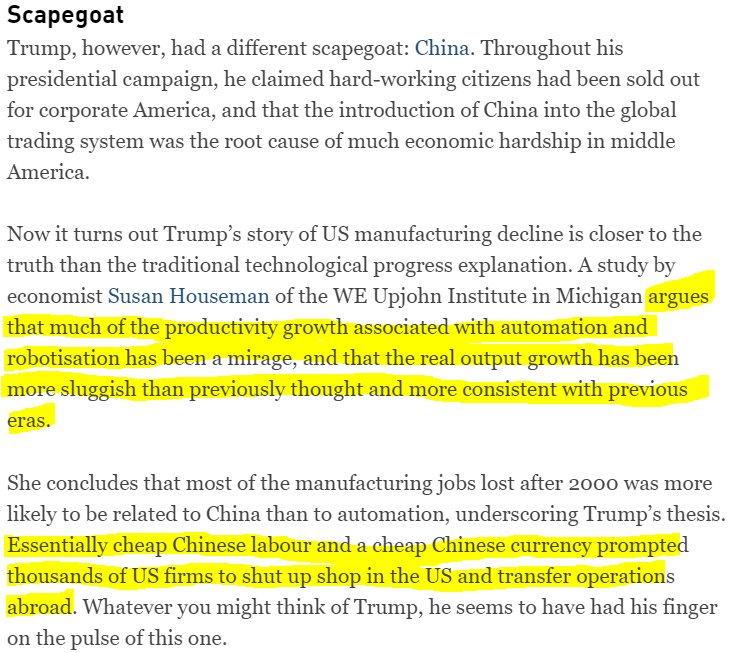1. Tech can simply *solve* the problem
2. Tech isn't the point at all, and it's all [politics/culture change/some other "same as it's been" problem]
"Where inside the problem can inserting some technology (not present now) change the dynamics of that problem dramatically?"
AKA, where are there points of leverage for technology?
...then injecting user testing with actual *videos* of people using it is something that is the insertion of tech, but in a power problem.
Tech (AdWords) can make that per-user cost ~$5.
That's leverage.
thenation.com/article/weight…
That kind of aggregation was not cost-effectively possible before maybe the last 10 years.
Aggregating people who can take action is a *profound* lever for change.
When you can build tech layers that give users the "hacks" that only 1 in 1,000 figure out now, that's leverage.
That's leverage.
(@kevinakwok calls the mechanism "data content loops")
kwokchain.com/2019/04/09/mak…
Donella Meadows' "Leverage Points: Places to Intervene in a System" is really the best primer you can have on this.
donellameadows.org/archives/lever…
In the latter ("tech will solve it") is really a severe lack of strategy.
The policy wonk/think tank world operates by analyzing data to generate shared views of the world, and assessments of policy choices.
But data is often held inside govt.
Tech that generates novel data *outside* govt can be... big.
Clearly tech was not a minor detail here.
propublica.org/article/turbot…
That's a screed for another day but leads to a useful heuristic: "who benefits from my believing X?"


















